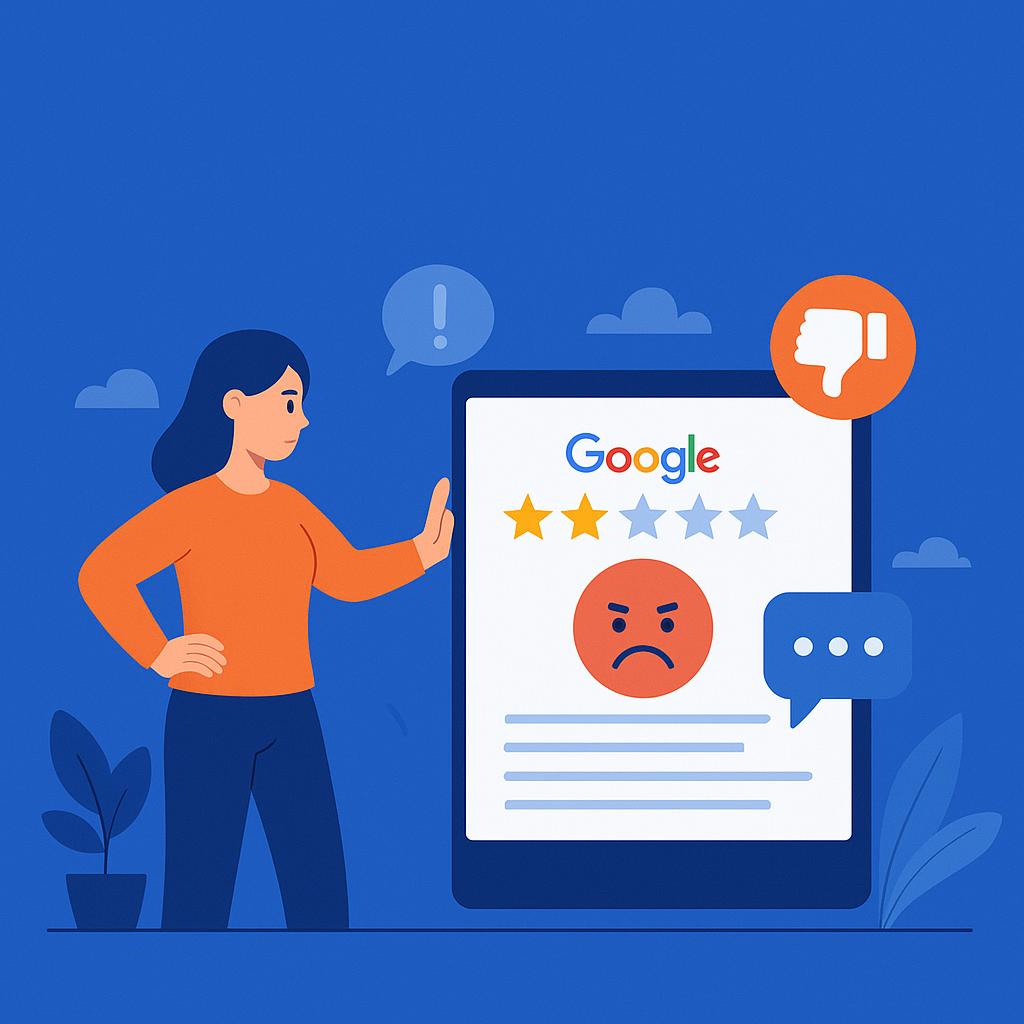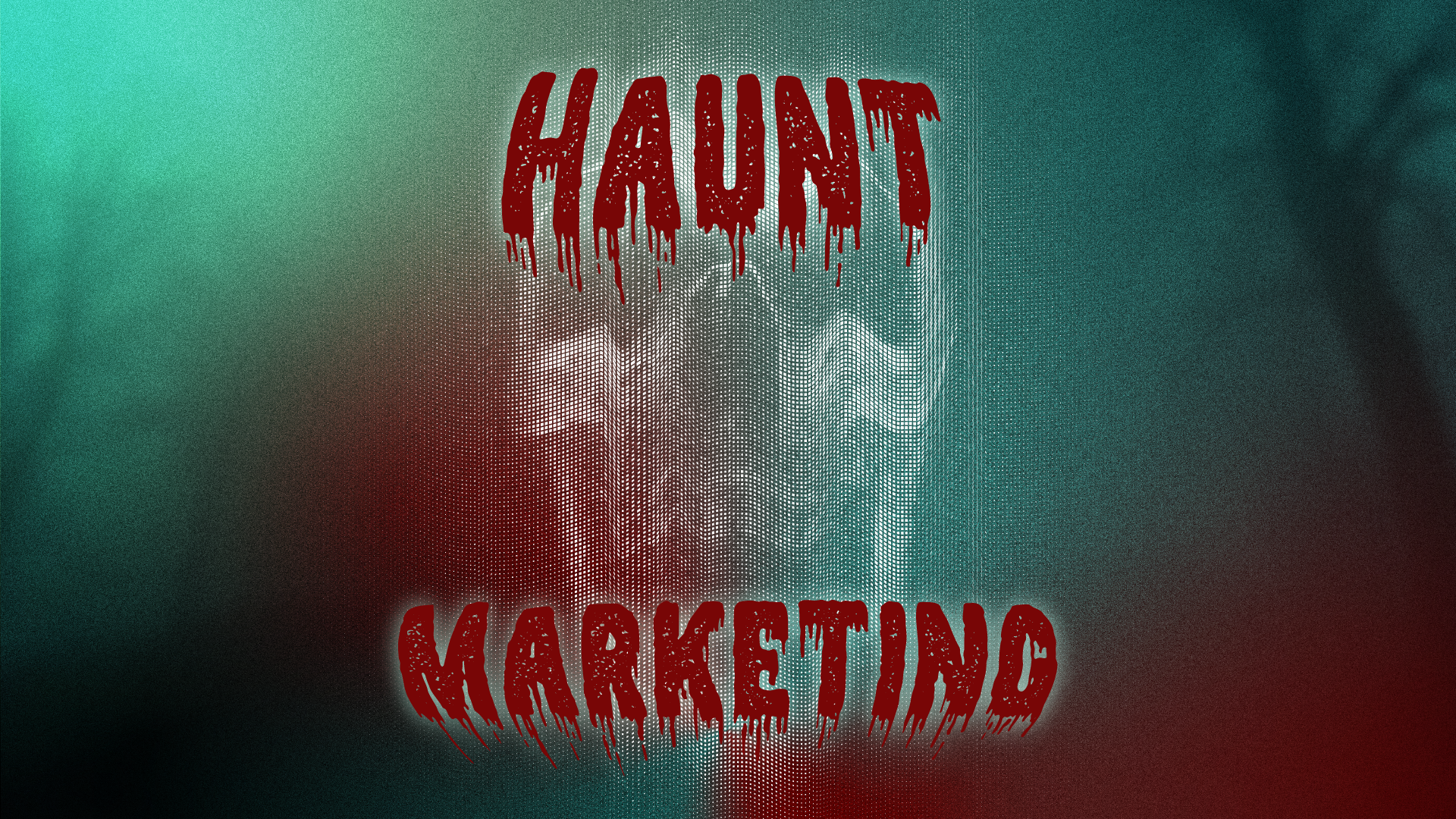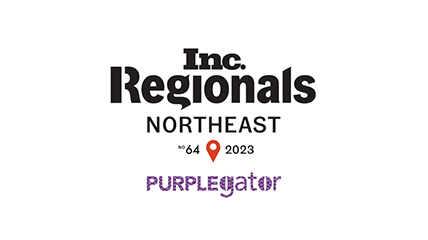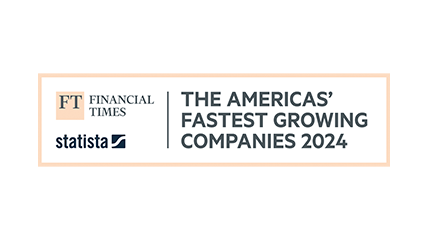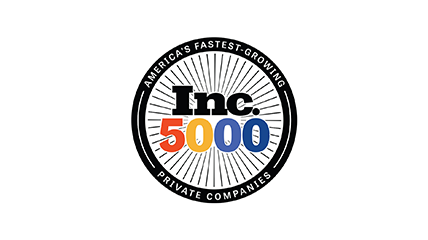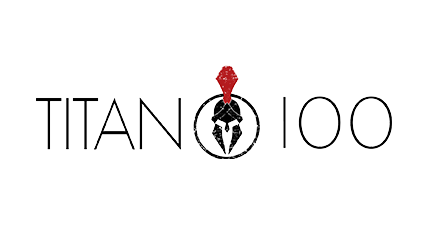Blog /
Do Broken Links Affect SEO?

Now, try being the end-user who clicked on the link to some website, but he landed on an annoying error page. Not only does it mean an end-user’s nuisance, dead or broken links severely hurt the SEO performance of your website. The proper structure of a site means smooth engine rankings, together with seamless users’ experience.
This article explores the impact of broken links on SEO by showing how they disrupt the crawlers, lower your website’s visibility, and undermine user trust. You will also find some practical ways to identify, fix, and avoid broken links to keep your website healthy and ranking high. Continue reading to unlock the actionable steps that will safeguard your search engine optimization efforts.
Broken Links and Their Impact on SEO
What Are Broken Links?
Broken links are hyperlinks that no longer lead to their intended destination, often resulting in a “404 Not Found” error. These links can occur for several reasons, such as:
- The destination page being removed or moved without proper redirection.
- Typos in the URL structure.
- External websites changing or deleting their linked pages.
Regardless of the cause, broken links disrupt the flow of information on a site, negatively impacting both search engines and users.
How Do Broken Links Affect SEO?
Broken links are serious roadblocks for search engine crawlers. Since crawlers need working links to work their magic and help your pages actually show up in search, hitting a dead end-as they do when landing on a broken link-means that:
- Reduces the overall crawlability of your site.
- Decreases visibility in search rankings for affected pages.
But beyond the technical issues, broken links also give search engines a number of negative signals about your website maintenance and quality, subsequently affecting your ranking and overall trust with algorithms that favor user-friendly websites.
The User Experience Factor
These links can’t be browsed anymore; the users get annoyed with a web site and leave. By doing so, a case of high bounce rates should pop up, meaning worse SEO performance because relevance or usefulness-for us-of the content isn’t signaled to the engines, plus long-term loyalty or even brand perception takes a turn for the worse when one believes a website can’t even keep their site house clean.

SEO Consequences of Broken Links
Decreased Crawlability
Search engines rely on valid links to crawl and index your site. When broken links are present, the bots face dead ends that disrupt their crawl efficiency. These interruptions imply that some pages might get missed in indexing and affect the visibility of your website in search results. Long-term reduced crawlability may harm overall site performance, making valuable content unreachable to potential visitors.
Loss of Link Equity
Internal and external links alike pass equity, also known as “link juice,” which builds up the domain authority of a site and its ranking potential. Broken links sever that flow and prevent your site from taking full advantage of its link network. For instance, a high-authority external link to a 404 error is not going to provide the value intended, and ultimately this will weaken your SEO strategy. The connectivity of your pages also gets hurt when internal links no longer work, reducing their collective strength.
User Trust and Engagement
Broken links irk users and give them a feeling of poor site maintenance. Visitors may leave your site fast, increasing bounce rates and decreasing time on site, which search engines use to measure quality. Worse still, if users get a reputation that your links are unreliable, they don’t come back, hitting metrics of long-term trust and engagement.
How to Find Broken Links on Your Website
Using SEO Tools to Identify Broken Links
SEO tools, like Screaming Frog, Google Search Console, and Ahrefs, do a pretty decent job of highlighting broken links. For example, Screaming Frog will crawl your website to provide a detailed report showing 404 errors among other broken links. Google Search Console provides “Coverage” and “Enhancements” reports that highlight problematic URLs, while Ahrefs offers backlink analysis for finding broken links from other websites.
Manual Methods for Finding Broken Links
To take a more manual approach, open your browser and manually scan important pages. Test each hyperlink by clicking through and making sure the destination successfully loads in the browser. Browser extensions that check links can also expedite this process. Another way to find broken links-without relying on a tool-is to scan your server logs for error codes, like 404s.
Fixing Broken Links to Improve SEO
Redirects and 301 Redirects
Among the redirects, 301 redirects are critical in link break management. A 301 redirect serves to notify search engines and users that the original URL has moved permanently to a new location. In this case, it makes sure traffic intended for the broken link seamlessly goes to the right page and retains user experience and SEO value.
When using 301 redirects, it is crucial to map old URLs onto the most relevant active pages. Avoid redirecting users to irrelevant or generic pages as this frustrates visitors and dilutes your site relevance. Fortunately, a multitude of tools, including Google Search Console and Screaming Frog, make finding links that are broken and creating redirects quick and easy.
Replacing or Updating Links
Another effective means of rectifying broken links is either replacing or updating them with accurate URLs. For the internal links, revisit the routine pages and update accordingly to have them point to content that exists. For the external links, one needs to show extra caution: verify the sites being linked to continue hosting your intended resource. In cases of resource unavailability, explore credible alternatives, or entirely remove the link, avoiding creation of dead ends.
Organizing links in a central document can simplify this process. Keeping track of both internal and external links ensures a streamlined review process and minimizes the chances of reintroducing broken links.
Monitoring for Future Broken Links
Fixing broken links is not the ultimate solution; you need to monitor further to avoid recurrence. Such automated tools as Ahrefs, SEMrush, and Google Search Console will go a long way in offering routine reports on broken links to help you address the same with speed.
Setting up alerts for link errors is another proactive approach. This ensures you’re notified as soon as a problem arises, minimizing the time users spend encountering frustrating dead links. Incorporating link monitoring into your regular website maintenance plan is essential for long-term SEO success.
Preventing Broken Links in the Future
Regular Audits and Maintenance
The best way to avoid broken links is by regularly auditing your website. Utilize automated tools that scan for errors and create a checklist to go through all links on your site periodically. Schedule audits quarterly or monthly, depending on the size of your site and how often it gets updated.
Also, try to avoid deleting important content; better to archive it. Keep old pages and set up forwards to newer ones with fresh relevance to sustain continuity of link equity helping your website’s SEO value.
Establishing Proper Linking Practices
By practicing good linking, one can massively reduce the amount of broken links. When using internal links, always use relative URLs rather than absolute ones. This approach minimizes errors in case of moving pages across your site. In case of external links, ensure the source is credible and stable before adding links.
Always check URLs while creating content. If the URLs already exist and changes are made to them, immediately create redirects to avoid errors. Such training of your team will guarantee that everyone is working towards a healthy website structure.


